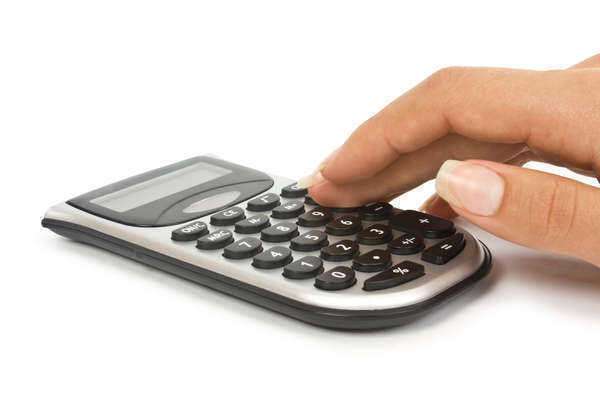Personal Budget
The purpose of a personal budget is to allocate income towards expenses, debts, and savings. A personal budget will help you keep track of your financial status and using a number of resources to ensure that you are making sound financial decisions that will keep you from losing money, falling into bankruptcy and improving your net worth.
Making and maintaining a personal budget can be difficult and in many regards require a great amount of discipline. All individuals who you would consider “rich” did so; not because they have high paying jobs, although that helps, but because they managed their personal budget and income. Instead of spending their paychecks on short term, and material, benefits these individuals budgeted their income and invested their funds in assets that, over time, increased their wealth.
There are numerous tools that can be used for making a personal budget. There is the traditional paper and pen method but in today’s day and age it is almost essential that any tool used for making a personal budget be in the form of computer software. There are a number of different options in this regard. You can use spreadsheet software such as Microsoft Excel which will require you to manually input all data and is more of a “do-it-yourself” method. You may also take advantage of management software for creating a personal budget. This includes programs such as Quicken and Microsoft Money. These programs will help you manage your personal budget and even automatically update your personal budget based on data from your bank accounts, credit cards, investments, and retirement accounts.

A personal budget should have a goal that is achievable within a certain period of time. When creating a personal budget it is always helpful to have a “light at the end of the tunnel.” If you set your goals too far away or you make them too unreachable the chances of you meeting your personal budget goals may be slim.
Your personal budget should also be simple and flexible. You should have the ability to adjust your budget depending on certain circumstances. If you find that you are spending an extra $100 a month on entertainment, over your budget, you should be able to simply remove that expense and without incurring any hardship.
There are a number of different philosophies on personal budgets. MSN Money editor and chief Richard Jenkins created the “60% solution.” What the “60% solution” does is allocate 60% of your gross income to fixed expenses such as mortgages, taxes, social security expenses, car payments, groceries, etc. The other 40% is allocated, 10% a piece, to retirement, long-term savings, irregular savings, and “fun money.”
Another philosophy is to have a personal budget that includes spending only 25% of your budget on housing.
One popular form of personal budgeting is a resource called envelope budgeting. Envelope budgeting consists of placing the budgeted amount for each expense in an envelope. Over the course of the month, as you deplete the resources in that envelope you will eventually come to one of two circumstances. The first is that you have money left over, that should go into a savings account, or other long term savings plan. The second is that you run out of money before the end of the month. When this happens you will have the option of taking money from a different envelope reserved for a different expense or doing without the expense.